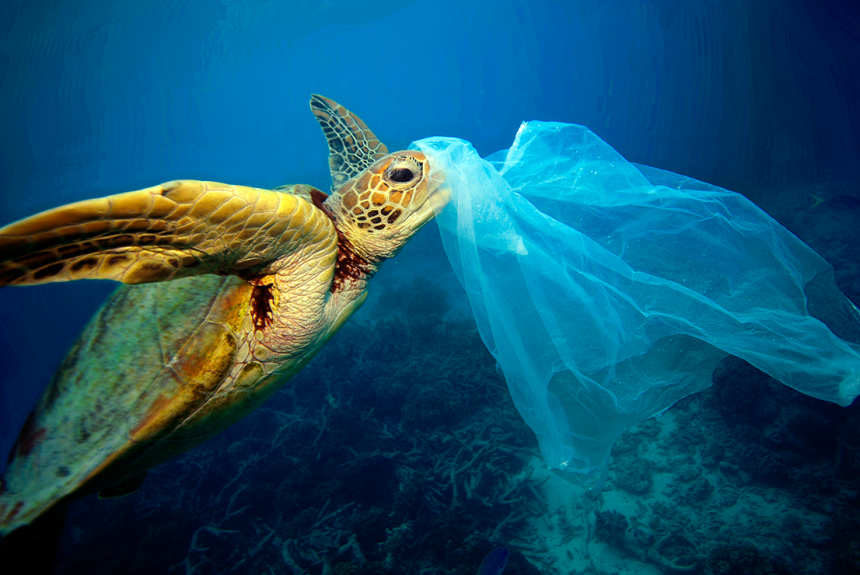 Photo Credit: greenpeace.org
Photo Credit: greenpeace.org
In September of last year, Kenya joined the growing list of countries to ban plastic bags. This recent ban bars the production, sale and use of all polythene plastic bags, with a fine of up to $40,000 or four years imprisonment for failure to act in accordance with the law (1). This ban was imposed by the government after identifying that the toxins from plastic bags were impeding the water sources within the country. Kenya isn’t the only country to realize the destructive effects of plastic bags, Bangladesh was one of the first countries to enforce a ban after their plastic bags started blocking drainage systems, causing serious flooding across the country. In 2008, China also joined in banning thin plastic bags and began charging more for thicker ones.
Through these very tangible experiences of plastic bags impeding society, global citizens have become more aware of a world that could be headed toward a plastic pollution nightmare. We see the pictures of plastic pileups on beaches and the islands of waste floating in oceans (the last episode of Planet Earth-Two was especially troubling), but what’s causing this catastrophe (2)? The popularized chants of, “Reduce, Reuse, Recycle,” and “Save the whales” inspire citizens to be more conscious waste consumers, but without knowing how our waste consumption is actually affecting the environment, how can we be motivated to make more permanent changes?
According to an article by Linda Nowlan, the Head of the Marine Program at West Coast Environmental Law in Vancouver, close to 90% of seabirds have plastics in their guts (3). This alarming statistic is merely a side effect of the main problem: up to 12 million tonnes of plastic is entering the ocean every year. To put that into perspective, that’s a garbage truck emptying out its contents into the ocean every minute Plastic accounts for more than 80% of marine litter, making it our primary debris in oceans (4). As more marine animals consume the plastics, the toxins are absorbed in their bodies and passed up the food chain– where humans will inevitably experience these detrimental health effects. While you may not be dumping your garbage straight into the ocean, you may be contributing to this pile up without even being aware of it.
Plastics are entering our ocean ecosystem through litter, drains, and landfills (5). When plastic bottles and plastic bags are littered on the streets or beaches, they are often blown into rivers or drains that flow into the ocean. In the case of drains, many people aren’t aware that the tiny microbeads in toothpaste and makeup products are made of plastic, and when they have washed down the sink they are being added to the plastic pile in the ocean. The industrial leakage in landfills is also one of the biggest problems for plastics. While we may believe that we are responsibly disposing of our plastics by putting them in the garbage, the reality is that many of our plastic bags and containers in landfills are blown away, and like the litter, end up in our oceans.
While global initiatives should continue to be pushed as they drastically help create a more sustainable, healthy environment, all Vancouver citizens are capable of helping by making practical contributions to the movement. A great place to start is by joining the 72,300 others who have signed the #CleanSeas pledge the UN launched in 2017. The pledge challenges citizens to reduce their use of plastic straws, water bottles, containers, bags and packaging by replacing them with reusable alternatives.
You can join the #CleanSeas pledge here: http://www.cleanseas.org/take-action
Another way to contribute to cleaner oceans is by responsibly disposing of your plastics. Instead of putting your plastic bags in the garbage where they’ll go to landfills and can take up to 1000 years to break down, you can recycle them at Recycling Council of British Columbia (RCBC) depots for free. There are two sites that help Vancouver citizens get clarity on what gets recycled, and where, that you can find in these links:
https://recyclebc.ca/what-can-i-recycle/#1489682007898-14c54374-fbb1
http://vancouver.ca/home-property-development/what-goes-in-garbage-bins.aspx
UNAC-V-V, OceanWise, Great Canadian Shoreline Cleanup, Surfrider Vancouver and the City of Vancouver are organizing a World Oceans Day Cleanup and Celebration event on June 9th from 10:30am-2:00pm. Join us for a panel discussion addressing solutions to plastic pollution, an educational fair with like-minded organizations and a shoreline cleanup! You can find more information here: https://education.ocean.org/oceanmatters/calendar/event/36153
We hope to see you there!
Read Related Articles:
- https://learningenglish.voanews.com/a/kenya-becomes-latest-country-to-ban-plastic-bags/4009964.html
- https://www.telegraph.co.uk/news/2017/10/26/shocking-photo-shows-caribbean-sea-choked-death-human-waste/
- https://thetyee.ca/Opinion/2018/02/16/Canada-Chance-To-Save-Oceans-From-Plastic/
- http://ec.europa.eu/environment/circular-economy/pdf/plastics-strategy.pdf
- http://www.greenpeace.org/new-zealand/en/blog/how-does-plastic-end-up-in-the-ocean/blog/60072/
About Our Writer:
Julianna Driedger
Julianna Driedger is currently a Media and Communications student at Trinity Western University (TWU). She is passionate about women’s advocacy and has been involved in the sexual misconduct policy reform for TWU. Julianna has led ideas for marketing campaigns in her University and is currently completing an internship in Communications at Lehigh Hanson. She looks forward to her semester as an intern in Parliament Hill, Ottawa in the Fall.

